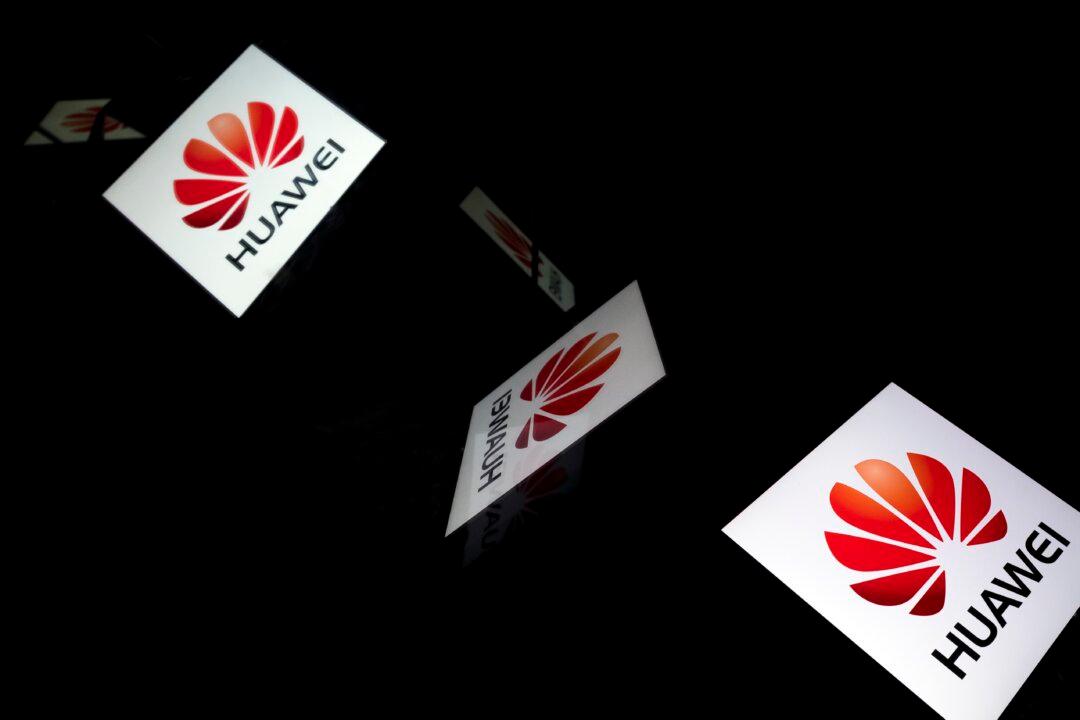The Vermont state government is taking steps to ban products made by Chinese and Russian tech firms that could leave them vulnerable to security loopholes.
John Quinn III, secretary of the Vermont IT department known as Agency of Digital Services (ADS), published a Feb. 19 directive for all state executive branch agencies, departments, offices, and vendors to stop using products made by Chinese tech firms Huawei, ZTE, Hikvision, Hytera, and Dahua, as well as Russia-based cybersecurity firm Kaspersky.





